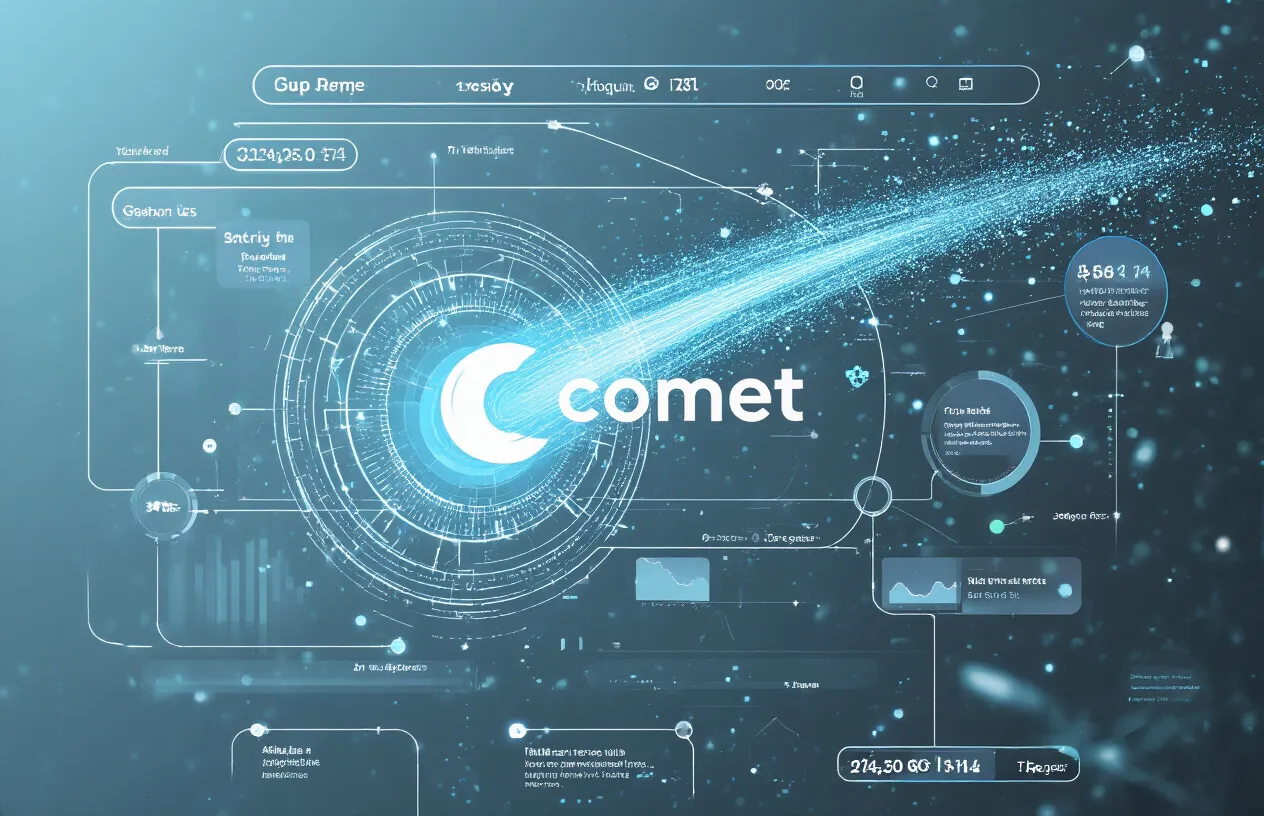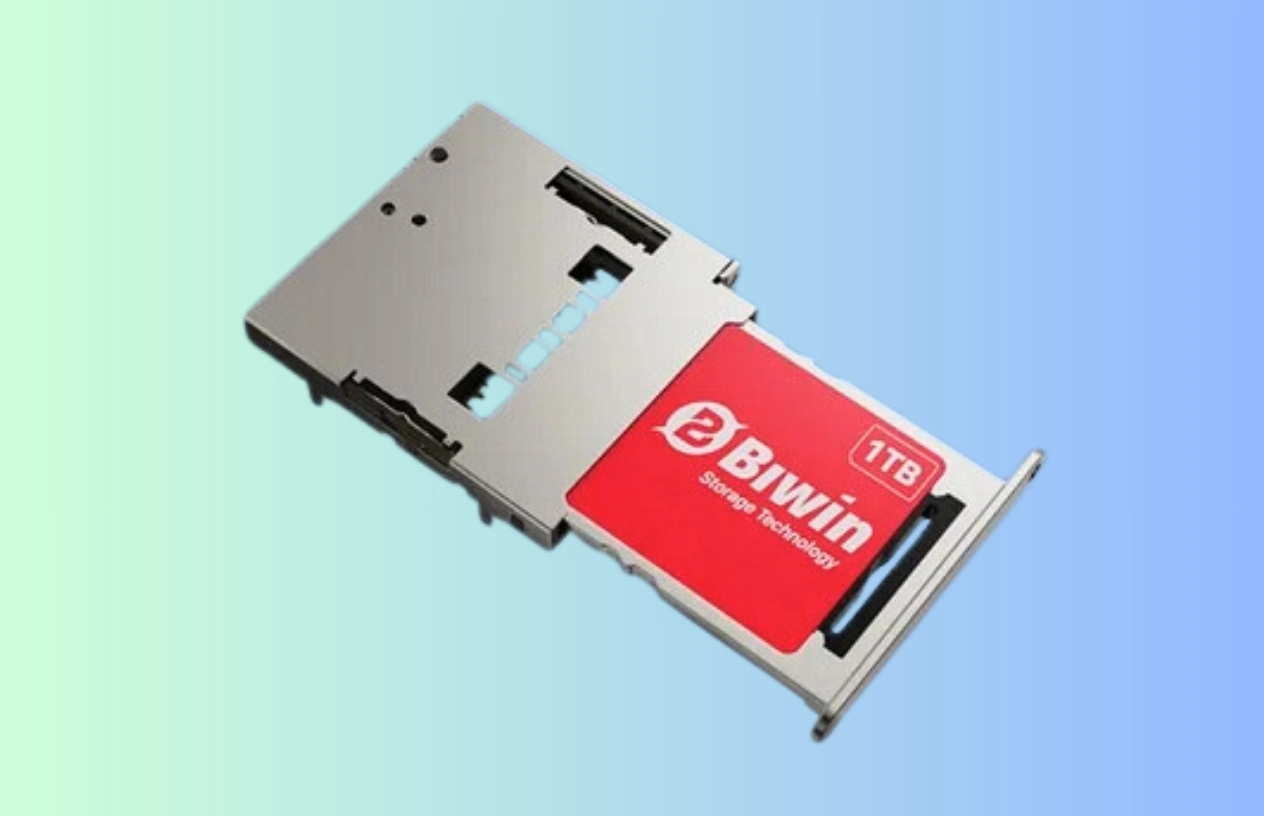Looking for a faster, smarter way to search online? Comet Search Engine is changing how we discover information on the internet. For tech enthusiasts, digital marketers, and everyday internet users tired of traditional search limitations, Comet offers a fresh alternative that’s catching attention worldwide.
Table of Contents
In this article, we’ll explore how Indian innovator Arvind Srinivas created this potential “Google killer” that’s attracted billions in investment from Jeff Bezos. We’ll also dive into the technical advantages that make the Comet search engine stand out from competitors and why its emergence has caused such a stir in America’s tech landscape.
Meet Arvind Srinivas: The Indian Visionary Behind Comet Search Engine

Background and Expertise of the Founder
Arvind Srinivas, an innovator of Indian origin, has emerged as a significant figure in the tech industry with his groundbreaking work on the Comet search engine. His technical background and expertise have positioned him as a formidable challenger in the search engine market dominated by established players. Srinivas brings a unique perspective to search technology, informed by his cultural background and technical training that differs from the Silicon Valley mainstream.
Vision for Creating a Google Alternative
At the heart of Srinivas’s entrepreneurial journey is a bold vision—to create what industry insiders are calling a “Google Killer.” The Comet search engine is positioned explicitly as an alternative to Google, targeting the weaknesses in the incumbent’s approach to information retrieval. Srinivas recognized the opportunity to disrupt the search market by addressing user frustrations with current search technologies and offering a fresh approach to finding information online.
Technical Innovation Driving the Development
The Comet search engine represents more than just another entry in the search market—it embodies technical innovations that set it apart from competitors. Srinivas has led the development of proprietary algorithms and search methodologies that power Comet’s unique approach to information discovery. These innovations are central to the platform’s identity as a “Google Killer” and form the foundation of its competitive advantage.
By challenging the established paradigms of search technology, Srinivas’s Comet is poised to reshape how users interact with the vast information landscape of the internet. The technical architecture behind the Comet search engine reflects Srinivas’s vision for a more intuitive, efficient search experience that addresses the limitations of existing search engines.
How Comet Challenges Google’s Search Dominance

Revolutionary search algorithms and methodology
Comet is making waves in the search engine industry as a potential “Google Killer,” suggesting its serious ambition to challenge Google’s long-standing search dominance. The company has developed revolutionary search algorithms that fundamentally rethink how information retrieval works in the digital age. Unlike traditional search engines that primarily rely on keyword matching and backlink analysis, Comet’s methodology approaches search with a fresh perspective, enabling more intuitive and accurate results for users.
Key differentiators from traditional search engines
What truly sets Comet apart from established search giants like Google is its innovative approach to understanding user intent. While Google has made significant strides with its various algorithm updates over the years, the Comet search engine appears to be building something fundamentally different from the ground up. The “Google Killer” moniker isn’t just marketing hype—it reflects genuine technological advantages that Comet brings to the table. These differentiators include a new indexing system that better understands context and semantic meaning, moving beyond the limitations of conventional search engine architecture.
User experience improvements over existing platforms
The user experience offered by Comet represents a significant leap forward compared to existing search platforms. By leveraging its revolutionary algorithms, Comet delivers search results that more closely align with what users are seeking, rather than simply what matches their keywords. This improved relevance creates a more satisfying search experience, potentially addressing many of the frustrations users have experienced with Google and other traditional search engines. The interface is designed with user needs at the forefront, removing unnecessary distractions and focusing on delivering the most valuable information efficiently.
As comet search engine continues to develop and refine its approach, it poses an increasingly serious challenge to Google’s search dominance—a position that has remained largely unchallenged for nearly two decades. The “Google Killer” ambition speaks to the confidence behind Comet’s technological approach and its potential to reshape how we find information online.
Jeff Bezos Investment: Why Billionaires Are Backing Comet

In the rapidly evolving landscape of search engine technology, the Comet search engine has emerged as a formidable challenger to established players, attracting significant attention from high-profile investors. At the forefront of this investment wave is none other than Amazon founder Jeff Bezos, whose financial commitment has sent ripples through the tech investment community.
Scale and significance of the financial investment
Jeff Bezos has invested billions of dollars into Comet’s development and expansion efforts, representing one of the most substantial private investments in comet search engine technology in recent years. This massive financial backing provides Comet with the capital resources necessary to build robust infrastructure, recruit top-tier talent, and accelerate product development at a scale that few startups could achieve independently. The sheer magnitude of Bezos’s investment signals strong confidence in Comet’s potential to disrupt the current search engine paradigm dominated by established players like Google.
Strategic value proposition attracting major investors
Bezos’s decision to invest billions in Comet reflects the company’s compelling strategic value proposition. The investment isn’t merely financial speculation but represents a calculated bet on Comet’s innovative approach to information retrieval. Major investors like Bezos are attracted to Comet’s potential to address longstanding limitations in current search technologies while capitalizing on emerging AI capabilities. This significant financial backing from one of the world’s most successful tech entrepreneurs provides Comet with not just capital but also enhanced credibility and industry connections.
Market potential driving venture capital interest
The billions invested by Bezos highlight the enormous market potential that sophisticated investors see in Comet’s approach to search. This level of financial commitment suggests that Bezos and other major investors foresee substantial returns, either through direct market capture from established Comet search engines or by creating entirely new search-related revenue streams. The search engine market, worth hundreds of billions globally, represents one of the most lucrative segments of the digital economy, and Bezos’s investment indicates a belief that Comet has the technical and strategic capabilities to secure a meaningful portion of this vast market.
America’s Concerns About Comet Search Engine Disruption

A. Competitive threat to established tech giants
The emergence of Comet Search Engine has raised significant concerns within America’s technology landscape. Established tech giants, particularly those dominating the search engine market, are now facing what appears to be a formidable competitor. These companies have enjoyed relatively unchallenged positions for years, with their business models and revenue streams deeply entrenched in search technology and the associated advertising markets.
Comet’s innovative approach threatens to disrupt this established order, potentially redirecting user traffic and advertising revenue away from incumbent players. This competitive threat has prompted defensive strategies and heightened attention from industry analysts who recognize that search engine technology remains a cornerstone of digital infrastructure.
B. Impact on information control and market dynamics
Beyond immediate business concerns, Comet’s rise signals a potential shift in information control mechanisms. The search engine ecosystem has evolved into more than just a tool for finding information—it has become a powerful arbiter of what information receives visibility and priority.
Market dynamics in the technology sector have historically favored consolidation, with a few major players controlling critical digital infrastructure. Comet’s disruption challenges these dynamics by potentially redistributing market share and forcing established companies to innovate rather than maintain status quo operations. This shift could fundamentally alter how information is indexed, presented, and monetized across the internet.
C. Geopolitical implications of foreign search innovation
The concerns extend beyond commercial considerations into geopolitical territory. As a foreign-developed search innovation, Comet represents a departure from the largely American-dominated search technology landscape. This raises questions about technological sovereignty and the global balance of digital influence.
American policymakers and security analysts are particularly attentive to how foreign search innovations might affect data governance, information sovereignty, and even national security. The development of advanced search capabilities outside traditional centers of tech innovation challenges assumptions about American technological primacy and raises questions about long-term implications for digital infrastructure control.
These geopolitical dimensions add complexity to regulatory and policy responses, as decision-makers must balance competitive markets with strategic national interests in an increasingly digital global economy.
Technical Advantages That Set Comet Apart

Advanced AI and Machine Learning Capabilities
The Comet search engine represents a significant leap forward in search technology, primarily due to its cutting-edge AI and machine learning foundations. Unlike traditional search engines that rely heavily on keyword matching and link analysis, Comet implements sophisticated neural networks designed to understand context, intent, and semantic meaning behind user queries. These advanced algorithms enable Comet to continuously learn from user interactions, refining its understanding of information relationships and improving results with each search performed.
Enhanced Search Accuracy and Relevance
With its revolutionary approach to information retrieval, Comet Search Engine delivers remarkably precise results that directly address user intentions rather than simply matching keywords. The system excels at understanding nuanced queries, disambiguating complex concepts, and recognizing the contextual significance of search terms. This enhanced relevance stems from Comet’s ability to analyze content more deeply, evaluating not just text but the underlying meanings and relationships between concepts. Users experience fewer irrelevant results and spend less time refining searches or scrolling through pages of marginally related content.
Speed and Efficiency Improvements for Users
Comet Search Engine doesn’t just deliver better results—it delivers them faster. The architecture behind this next-generation search engine has been optimized for performance at every level. Search queries are processed nearly instantaneously, with results appearing in milliseconds rather than seconds. The streamlined interface eliminates unnecessary elements that slow down the user experience, while sophisticated caching and prediction mechanisms anticipate user needs before they’re even expressed.
Beyond raw speed, Comet’s efficiency extends to how information is presented. Rather than forcing users to click through multiple links to find what they need, the system often extracts and synthesizes information directly in the results page. This approach dramatically reduces the time from question to answer, fundamentally changing how people interact with information online.
The combination of these technical advantages positions Comet as a genuine alternative to established search paradigms, offering users a fundamentally improved search experience through technological innovation rather than incremental improvements to existing models.

Comet Search Engine represents a significant shift in how we discover and interact with information online. Led by Indian visionary Arvind Srinivas and backed by billionaire Jeff Bezos, Comet is positioned as a formidable challenger to Google’s long-standing dominance. Its technical advantages have caught the attention of not just investors but also raised concerns about potential disruption in America’s tech landscape.
As search technology continues to evolve, Comet stands at the forefront of this revolution, offering users a fresh alternative to traditional search engines. Whether Comet will fully realise its potential as a “Google killer” remains to be seen, but one thing is clear – the search engine space is no longer the exclusive domain of established giants. The future of information discovery is being reimagined, and the Comet search engine is helping lead the way.
Read More…..












